Major Countries with Load Shedding
Load shedding in India
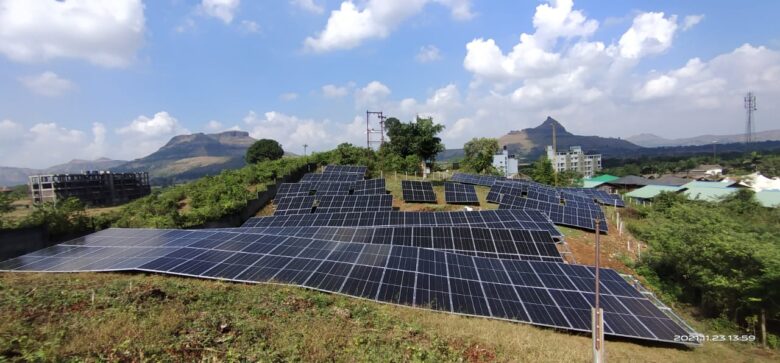
Load shedding in South Africa
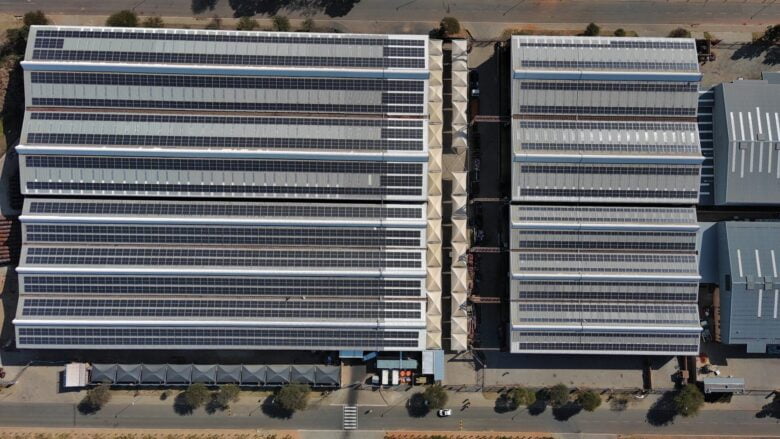

Load shedding in Pakistan
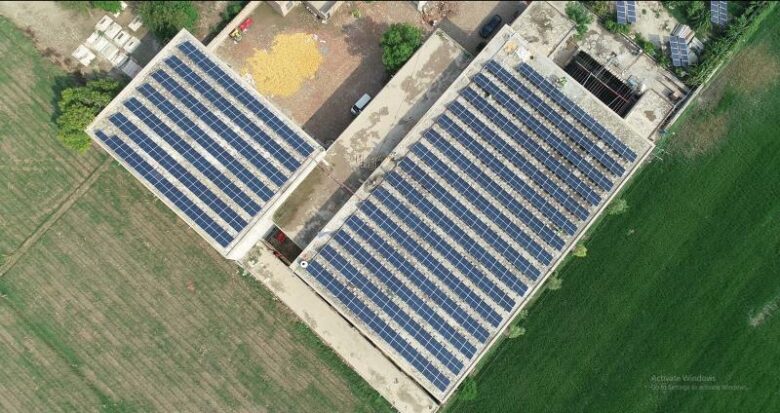
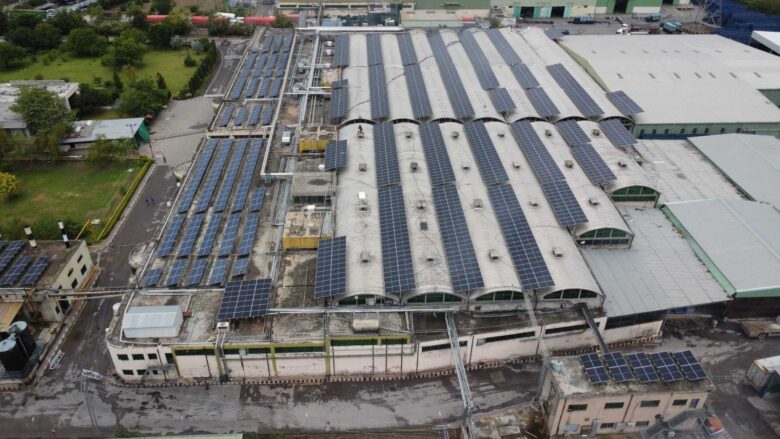
Load shedding in Sri Lanka
Sri Lanka has been experiencing months of daily power cuts amid an economic crisis, which famously saw thousands of protestors storming the president’s home.
The breakdown of a hydropower plant and lack of diesel fuel has led to an increase in load shedding episodes. Currently, Ceylon Electricity Board (CEB) cannot meet the country’s electricity demand due to an islandwide lack of electricity supply.
Load shedding in Lebanon
Lebanon is another country that has been plagued with widespread blackouts. This is a result of an economic crisis that the World Bank has dubbed as one of the “most severe crisis episodes globally since the mid-nineteenth century”.
Fuel shortages and, according to the New York Times, a “dysfunctional” energy sector are to blame for the power cuts. Similar to the situation in South Africa, power outages are simply a part of Lebanese life. In the last year, these issues have resulted in state-supplied electricity only coming on for one or two hours a day.
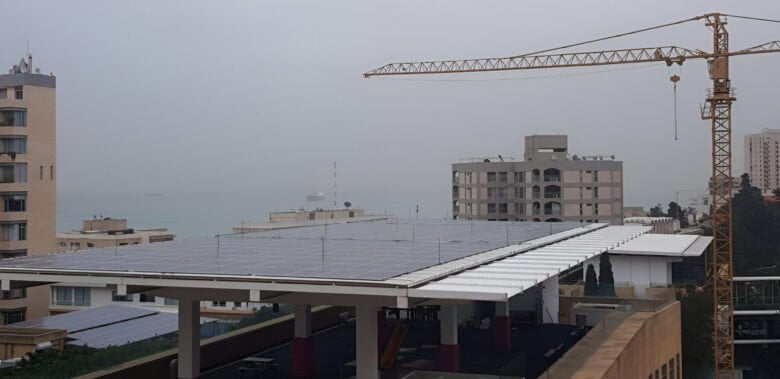
What is the solution?
The long-term solution to load shedding lies in increasing generation capacity, and officials are actively working towards this goal. However, businesses can achieve energy independence by installing renewable energy systems. In the meantime, implementing technologies like a solar controller can optimize solar panel performance, ensuring efficient energy use, while a microgrid controller can enhance the stability and efficiency of hybrid energy solutions, providing a more reliable power supply. Additional coping strategies are outlined here.
